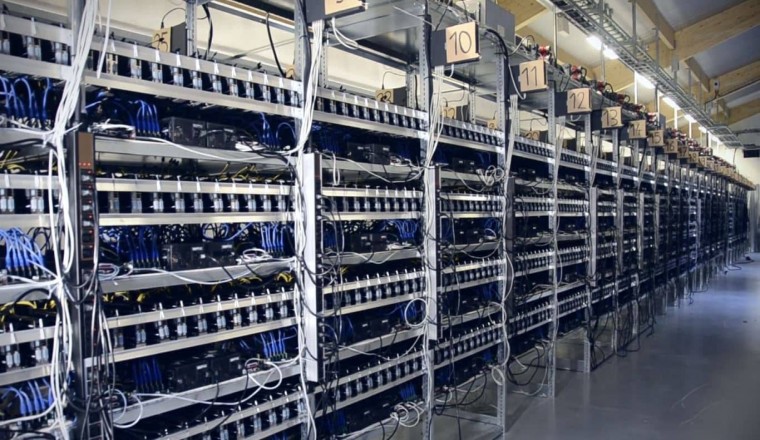Today’s digital world has changed our lives completely, from how we communicate, work, shop, conduct business, invest, and bank.
Thanks to technological advancements, we can now enjoy the ease and convenience of online banking and online payments. It allowed us to link our bank accounts, credit cards, and debit cards to our smartphones, and receive and send money even from abroad. Cryptocurrency also became a popular form of the digital asset.
Bitcoin is a cryptocurrency or digital currency that started in the late 2000s and boomed later on. It is a decentralized digital currency, meaning these are not issued or backed by any bank or government. It is created, distributed, traded, and stored using an immutable ledger system known as a blockchain.
One of the reasons Bitcoins are popular is that it offers lower transaction fees than traditional online payment systems. It is also one of the first digital currencies to use peer-to-peer technology to facilitate instant payments. The individuals and companies who participate in the Bitcoin network are comprised of nodes or miners.
How Bitcoin Mining Works
Bitcoin mining is the process of digitally adding transaction records to the blockchain, and miners are the ones who process the transactions. The process for discovering Bitcoins is called “mining” because it resembles the process of traditional mining, reminiscent of how miners search and dig the earth in the hopes of striking gold or other minerals.
A blockchain is a publicly distributed ledger that holds the history of every Bitcoin transaction ever made. A block is a verified one-megabyte (1MB) worth of Bitcoin transactions. When a miner verifies 1MB worth of transactions, it makes them eligible to earn Bitcoins.
Miners compete for the right to add new blocks to the blockchain by solving complicated mathematic algorithms that require considerable computing power to find an extremely rare value, validate, and order transactions.
They do this because they are motivated by rewards. The reward encourages people to help in the primary purpose of mining, which is to legitimize and monitor Bitcoin transactions and ensure their validity.
Aside from supporting the Bitcoin ecosystem, mining serves as a way to release new cryptocurrencies into circulation. Mining is the equivalent of minting currency. If there were no miners, there wouldn’t be new, additional Bitcoins, and there wouldn’t be any value to this digital currency.
Another reason why miners are essential is that they verify the legitimacy of Bitcoin transactions and are paid to prevent a “double-spending” problem. Double spending is when a Bitcoin owner spends the same coin twice. With digital currency, there is a risk that a copy is made and sent to the other party while keeping the original.
The Evolution Of Mining
In the early stages of Bitcoin and mining, individuals interested in mining would do so using their personal computers. As its popularity soared, the process became difficult. To accommodate the growing level of difficulty, more computer processing was required—to the point that miners had to use heavy-duty computers.
Eventually, more efficient computers, chips, and equipment were created for the sole purpose of mining.
The value and usage of Bitcoins have increased and spread across the globe. Many consumers find these convenient to use because of their security, ease, and peace of mind it gives to the parties involved in the transaction. In line with this, a wide variety of establishments is now accepting Bitcoins as payment.
Today, Bitcoin is one of the best ways to make a profit. Compared to other assets, investing in it takes less time, provided that miners and investors are willing to learn and understand them. Bitcoins are poised to become the money of the future, thanks to the miners who made it possible.
Follow Techdee on social media for more!
